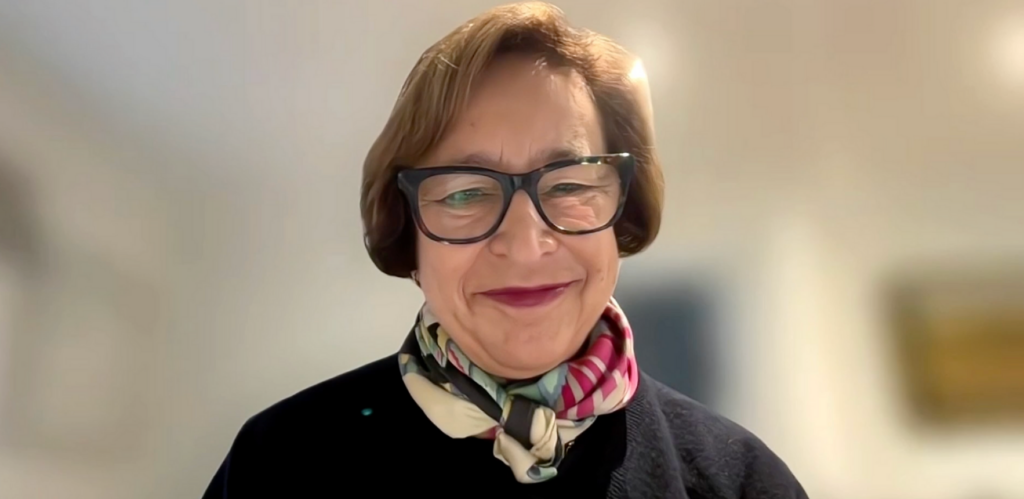13.02.2025 | 4 min read
Prof Amanda Kirby on building neuroinclusive workplaces
Explore why creating neuroinclusive workplaces is crucial - not only for supporting neurodivergent individuals, but for driving innovation, performance, and long-term success.In this Working on Wellbeing episode, host Sarah Cunningham is joined by Prof Amanda Kirby, a leading expert in the field of neurodiversity and workplace inclusion. With a unique background as a medical doctor, researcher, and entrepreneur, Amanda has dedicated her career to transforming how organisations, educators, and healthcare professionals understand and support neurodivergent individuals. She’s the founder of Do-IT Solutions, an emeritus professor at the University of South Wales, and an honorary professor at Cardiff University. She is the co-author of ‘Neurodiversity at Work’, and has authored or co-authored several other books, along with over 100 research papers on neurodiversity and related topics.
Amanda shares her personal and professional journey, including how her experiences as a parent and medical doctor motivated her focus on neurodiversity research and advocacy. Together, we explore why creating neuroinclusive workplaces is crucial – not only for supporting neurodivergent individuals, but for driving innovation, performance, and long-term organisational success.
This episode takes a practical look at fostering neuroinclusive practices, confronting the many barriers neurodivergent employees face, and guiding organisations on how and where to begin breaking down these barriers. The discussion also highlights the unique challenges faced by neurodivergent women at different life stages, offering valuable insights for leaders aiming to create lasting cultural change that can benefit all employees.
Tune in to discover how we can all contribute to building workplaces that unlock the full potential of every individual!
Watch the full episode on YouTube or listen wherever you get your podcasts.
Catch all episodes of the Working on Wellbeing podcast on YouTube or listen wherever you get your podcasts.
